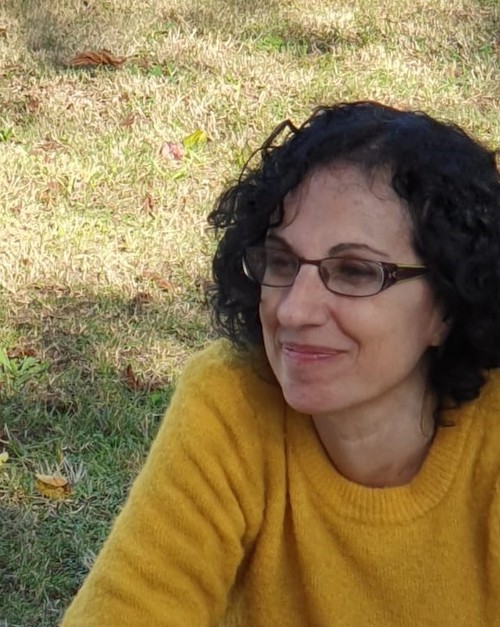
To the State of Israel and all its inhabitants,
In the 75th year of the State of Israel, we find ourselves in a crisis which is not only political; it goes beyond the difficulty to contain and manage controversy, it touches on the foundations, the broken trust among the different parts of the Israeli society, the intensity of suspicion in their relationship threatens its wholeness.
What will heal the fracture that opened within us?
We can start by recognising the Interdependence between us, in the words of the poetess Zelda: “my well being is tied to yours”.
Interdependence, before being a value, is the way we perceive the world.
Rabbi Ben Zion Meir Chai Uziel described the world like this: “The entire world is one сhain where each link is connected to the other, acts on it and is acted upon by it, just as a human body that consists of the system of organs and tendons…any defect or disease in its smallest organs impairs and makes the whole body sick, and when it recovers, the whole body is healed.”
In addition to basic equality between human beings, there are connections and affinities between them. We exist in this world not as separate bubbles who exist only for their own sake, but there are connections between us that form our humanity. The meaning of this is that we are dependent on one another.
In our culture, that glorifies autonomy and separateness, interdependence perceived as weakness, and the vulnerability that this dependency creates is denied. In the Jewish tradition, however, interdependence is perceived as strength, connection and coherence - in the first circle between the Jewish people, who are responsible for one another, and in the additional circle, between all human beings in the world.
Recognising interdependence as the common feature to all humans is a fundamental condition for the ability to open up to others, stepping out of one’s self and being able to see his or her vulnerability. It is a source of modesty, creating a partnership and accepting responsibility. It is the starting point and the foundation for a society based on social justice, humanism and generosity. A society based on relationships of concern and caring.
“Is it not to share your food with the hungry and to provide the poor wanderer with shelter - when you see the naked, to clothe them, and not to turn away from your own flesh and blood?” (Isaiah 85, 7). All humans are “your own flesh” and therefore you cannot ignore them. Their well being is your well being.
In the following verse, prophet Isaiah promises that if we will not ignore our own flesh and blood, “Then your light will break forth like the dawn, and your healing will quickly appear, then your righteousness will go before you, and the glory of the Lord will be your rear guard”. (Ibid, 8)
May we live to see this prophecy come true.
Sincerely,
Yafa Benaya


Yafa Benaya is an educator, active in the mizrachi, feminist, traditional public discourse. A research fellow at the Shalom Hartman Institute and a co-leader of the Educational track at the Beit Midrash for Israeli Rabbis. Teaches at the “Ono Academic College”, researches and writes about women in sephardic mizrahi Jewush tradition. Yafa is one of the founders of “Mimizrach shemesh”, beit midrash for social leadership and the founder of “Arevot – Women create tradition”.